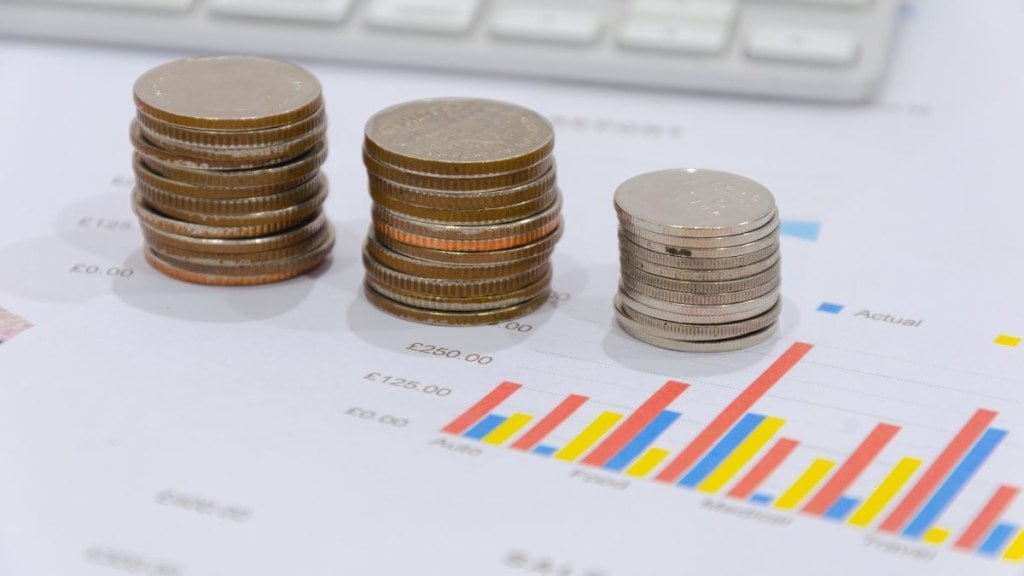Correcting the rates of capital gains tax was a “necessity in terms of equitable collection of taxes”, finance secretary TV Somanathan has said, but added that “the rates need not be raised further”. The revenue from the tax long-term capital gains (LTCG) has been on a high-growth trajectory after it was reintroduced for equities in 2018 with current receipts at Rs 1 trillion, he told FE. This “elastic source” for revenue would grow much faster than national income, salaries and business income, and raise its share in government receipts in the coming years, he said.
The Budget FY25 increased the LTCG on equities from 10% to 12.5%, and raised exemption threshold to Rs 1.2 lakh from Rs 1 lakh. It also raised the tax on short0term gains from equity investments to 20% from 15%.
Globally, capital gains “are a source of rising inequality,” mainly because of appreciating financial assets, he said. Though the theoretical concept of relatively benign tax treatment of capital gains— as opposed to business income — would hold good, the differential (in the tax incidence on the two in India) has been too wide to be justified, he said.
On the rising share of personal income tax in government receipts (19% now, versus 17% from corporate tax), he said that in a country where a large number of people have started owning shares, and organisations like EPFO invest in markets, shifting more of the tax burden from companies to individuals “is actually a pro-equity step.”
Somanathan ruled out a return to old pension scheme, which is based on the concept of defined benefit. The government, however, would try to address the “core concerns” in this regard. The idea will be ensure that pension monies are not left to the mercy of market fluctuations, some compensation for inflation, and a minimum pension for those without full service also.

